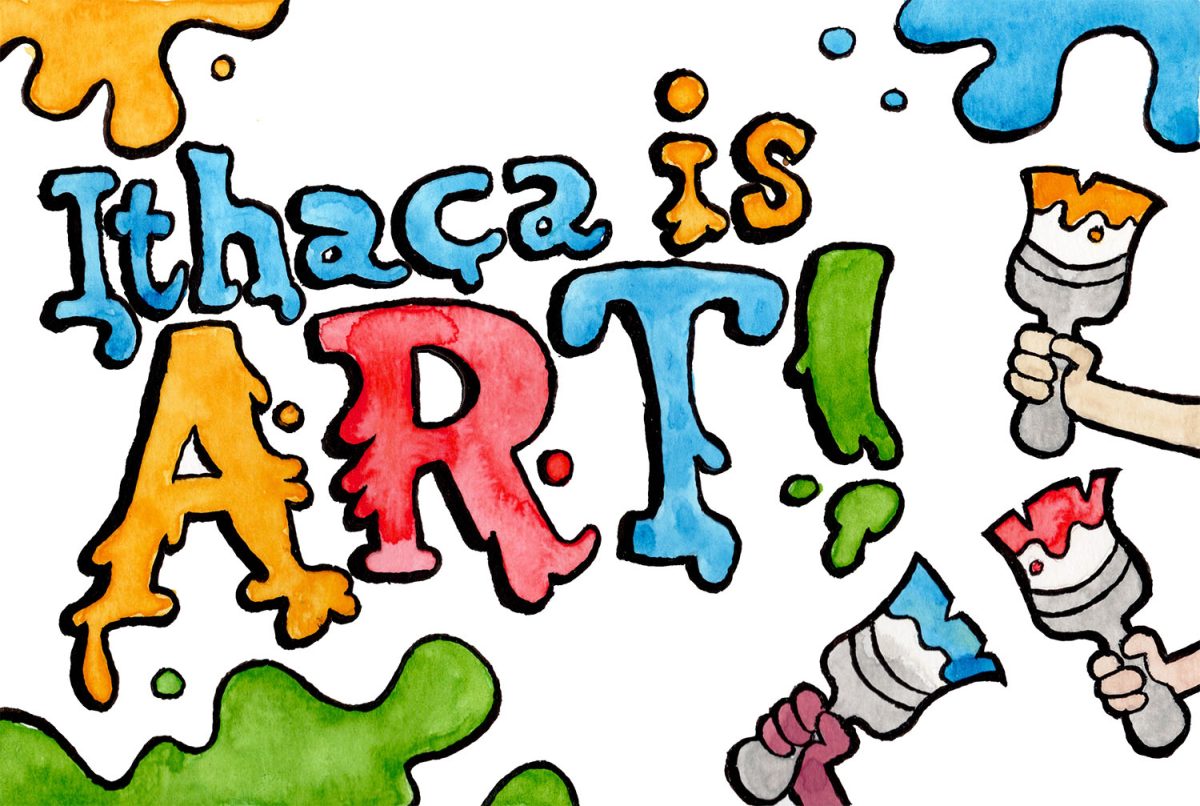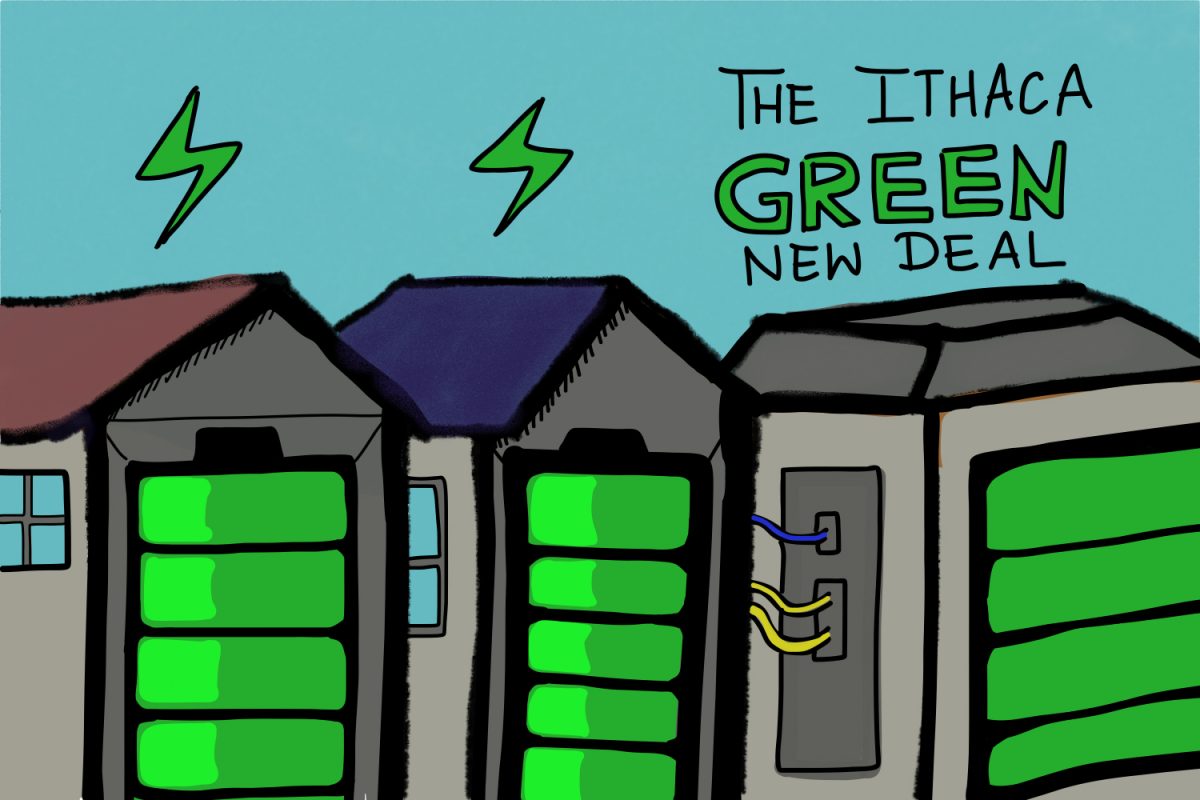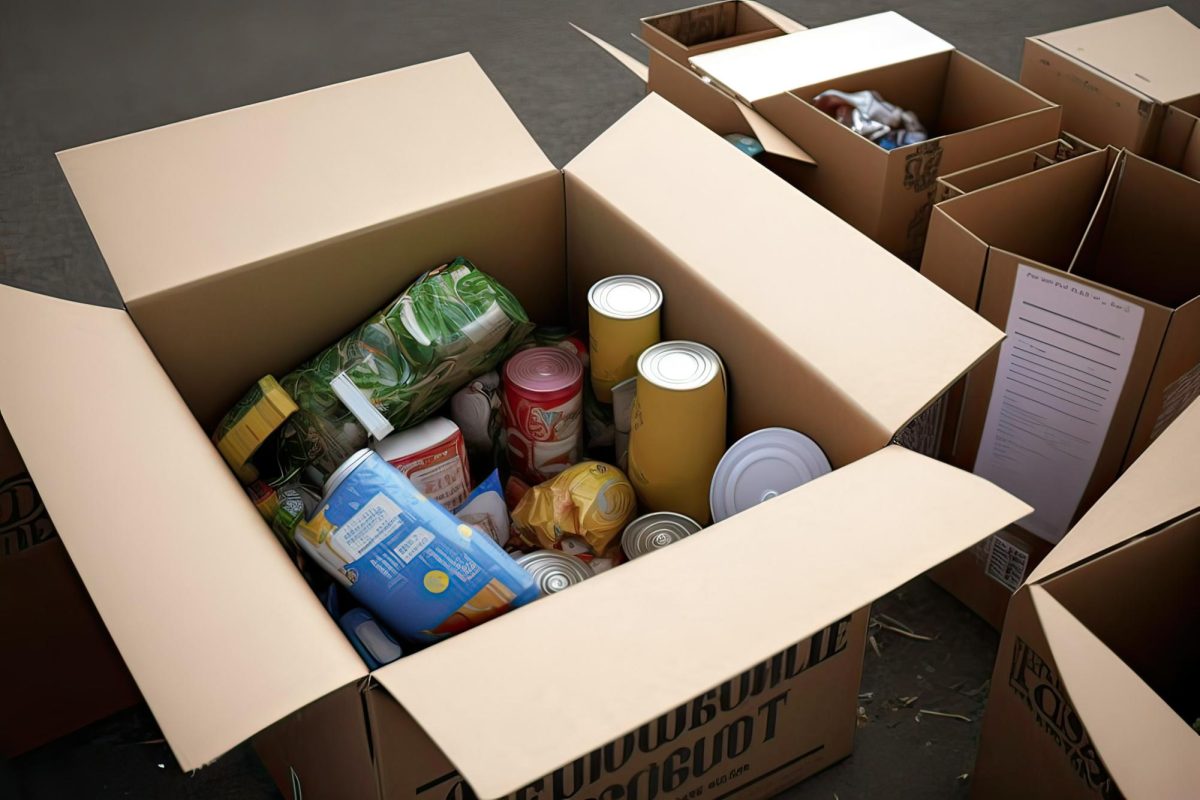When Hurricane Harvey struck Texas and Louisiana this August, the American public watched in horror as the city flooded. Soon afterward, concerned individuals leapt into action. Calls for donations of supplies and time began as soon as the storm stopped. Blood drives popped up across the nation. People Magazine even started compiling listicles of celebrities offering aid to those who were affected by the storm.
But soon following Hurricane Harvey, there was Hurricane Irma, Hurricane Katia and two different earthquakes in Mexico. Now, Hurricane Maria is looming off the East Coast, waiting to strike.
The reaction to Harvey was exemplary. The immediate action of concerned individuals — organizing blood drives, raising money through social media, donating supplies that are in high demand — is no doubt appreciated by the residents of Houston. But what about the people who were struck by Irma, Katia or any other form of natural disaster?
There is no denying that all forms of media are being saturated with images of people wading through waist-deep waters or staring at the crumbling remains of their houses post-disaster. For the general public, these images get old after the first few times they flash across the screen. By the time the second or third hurricane of the season makes landfall, it is incredibly easy to change the channel.
The images may be old to viewers, but the realities of these situations are new to the people who are living them. Compassion fatigue is the idea that the public begins to lose patience with a story or idea that is told over and over again in the media. Natural disasters may tug at an audience’s heartstrings in August, but what will they feel by the end of September?
People who are struck by natural disasters at the end of hurricane season deserve the same amount of attention as the people who are struck by natural disasters at the beginning of the season. And most importantly, it is vital that we care about all people, not just U.S. citizens. When disasters strike the Caribbean or some other far-away place, it is just as sad and as devastating as a domestic crisis.
That is not to say that donating a few dollars to the Red Cross for Harvey Relief is a bad thing. Rather, it is simply an issue of changing the public mindset. When images of children surrounded by rubble or shorelines stripped of any buildings flash across the screen, remember that these are real people now faced with the issue of putting their lives back together, not just 20–second sound bites.













